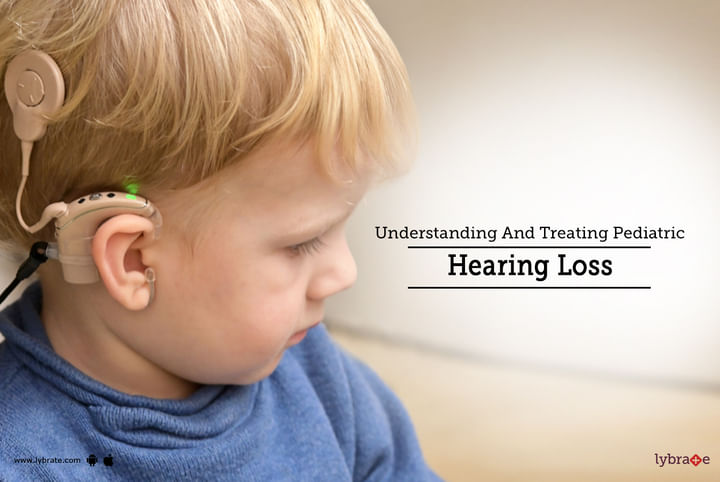Understanding And Treating Pediatric Hearing Loss
Pediatric hearing loss or hearing problems at a young age are different from the ones that happen in adulthood. While hearing loss in adults happens due to external damage, pediatric hearing loss happens due to abnormalities developed during the fetal stage or at the time of delivery. These can include genetic disorders, hereditary, damage to the fetus during pregnancy or delivery.
Symptoms
Losing the ability to understand the vocals of the external environment can hamper the child in more than one way. It delays the basic developmental milestones like speaking, reacting to certain things, or sensing the physical environment. This makes it hard to sense the hearing issues of their children for the adults. So it’s important to keep an eye on the little ones, consult your doctor if you see any of the symptoms in your child or infant -
- Does not show any response on general or loud sounds
- Does not show any achievement in verbal milestones by the age of 1
- Only response to visual cues
- In the case of toddlers, use devices live TV on high volume
- Often respond to everything with a request of repetition or ignorance
Diagnosis
The diagnosis of such cases is mostly identified at the time of birth only. The doctor runs a complete body check on the baby post-delivery to ensure its overall wellness. During the screening, hearing loss due to genetics or any physical damage can be detected.
If not, one must take their child to routine checkups once a year, or in case you see the symptoms of hearing loss in your child. Your pediatrician will conduct a hearing test for your child for the diagnosis.
Treatments For Childhood Hearing Loss
Hearing loss at this stage is often permanent in nature. Depending on the level of damage (partial or complete hearing loss) your doctor may suggest different options.
In case the child has completely lost hearing abilities, your doctor may suggest you indulge in speech and sign therapy for infants and as they grow they can learn the use of assistive listening devices. These devices are designed to process the verbal information into written words which makes it easy for the user to understand. This includes a receiver, and a screen to project the words.
These methods of management can also be used in case of partial hearing loss. However, current medical advancement has better solutions for such cases. Treatment options like hearing aids, cochlear implants or bone-anchored hearing systems are more efficient ways to enhance the hearing abilities of your child.



+1.svg)
